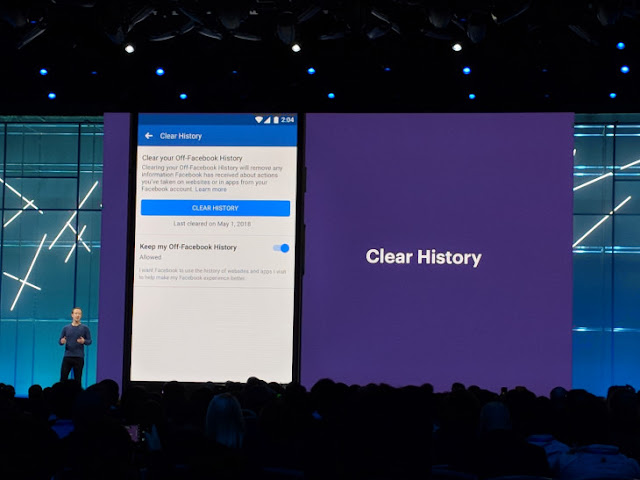Visually, Google Tasks
is simple and clean. If you’ve used other Google apps and services before, then
Tasks will look familiar to you right away. It’s definitely not the prettiest
thing to look at, but no one uses Google services because they’re pretty, it’s
more about functionality. Tasks features plenty of whitespace and bold headers
so you know exactly where you are in your lists. The app is fast and
responsive, with smooth transition animations as you navigate through the app
and edit items. And since this uses Google’s cloud, syncing data is fast and
seamless across multiple devices, such as between your iPhone and the web (this
version needs some work).
When you launch Tasks,
you’ll need to sign in to your Google account, obviously. Most of us should
already have a Google account by now, but you can also make one if you don’t
use Google’s productivity suite yet.
Once you sign in, your
default screen is “My Tasks.” This is like the inbox for your items, and where
they go to by default if you don’t add to a specific list. Speaking of, Tasks
only has support for lists, so if you wanted to create projects, such as “Work”
with multiple jobs, then you’re out of luck. You can switch lists at any time
by tapping on the hamburger button in the bottom left corner and then selecting
the list you want to view. You can also create a new list from here as well.
Creating a new list is
fairly barebones — just give it a name, and then hit “Done.” It gets saved and
you have an empty list, ready to get to work. When you want to add a new task,
just tap on the large button in the center, and it brings up the prompt. Type
in your task, and then tap on the “+” button for additional details like notes
and a due date.
Unfortunately, Google
Tasks does not support due times, which is something I prefer, with deadlines
to meet. Maybe it’s something that Google could consider in the future, but it
may or may not be a deal breaker for some.
If you decide you need
a task to be in a different list, it’s easy to move. Just view the item in
question, and then tap on the list in the upper left corner, then pick where
you want to move it to. Or you can trash it with the button in the top right.
Google Tasks does come
with support for subtasks straight out of the box, though, so at least there’s
that. You can add subtasks to any existing task in a list, and there’s no limit
on the number of subtasks you can have. You can check off each subtask off as
you complete them, but checking off the main task also marks any subtasks as
done in one go.
A nice thing about
Google Tasks is that it has the ability to create tasks for you from emails.
When you use Gmail to directly add a task, you can check out your tasks in the
sidebar of Gmail. Tasks even let you trace it back to the source, in case you
forget where it came from.







No comments:
Post a Comment